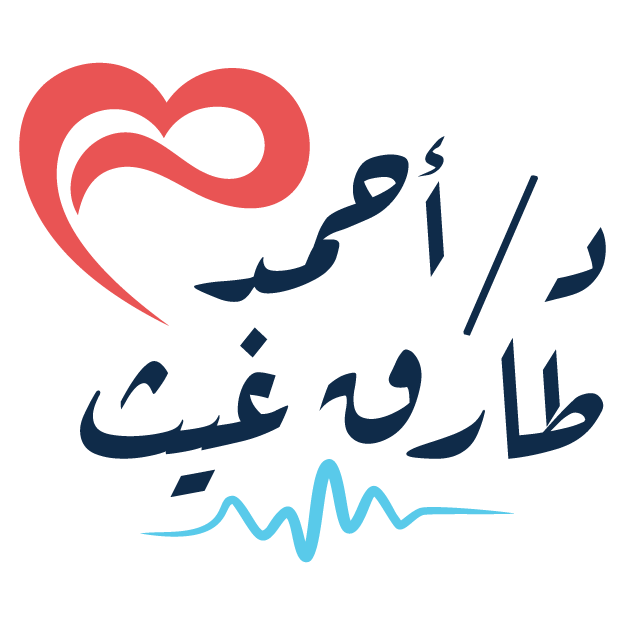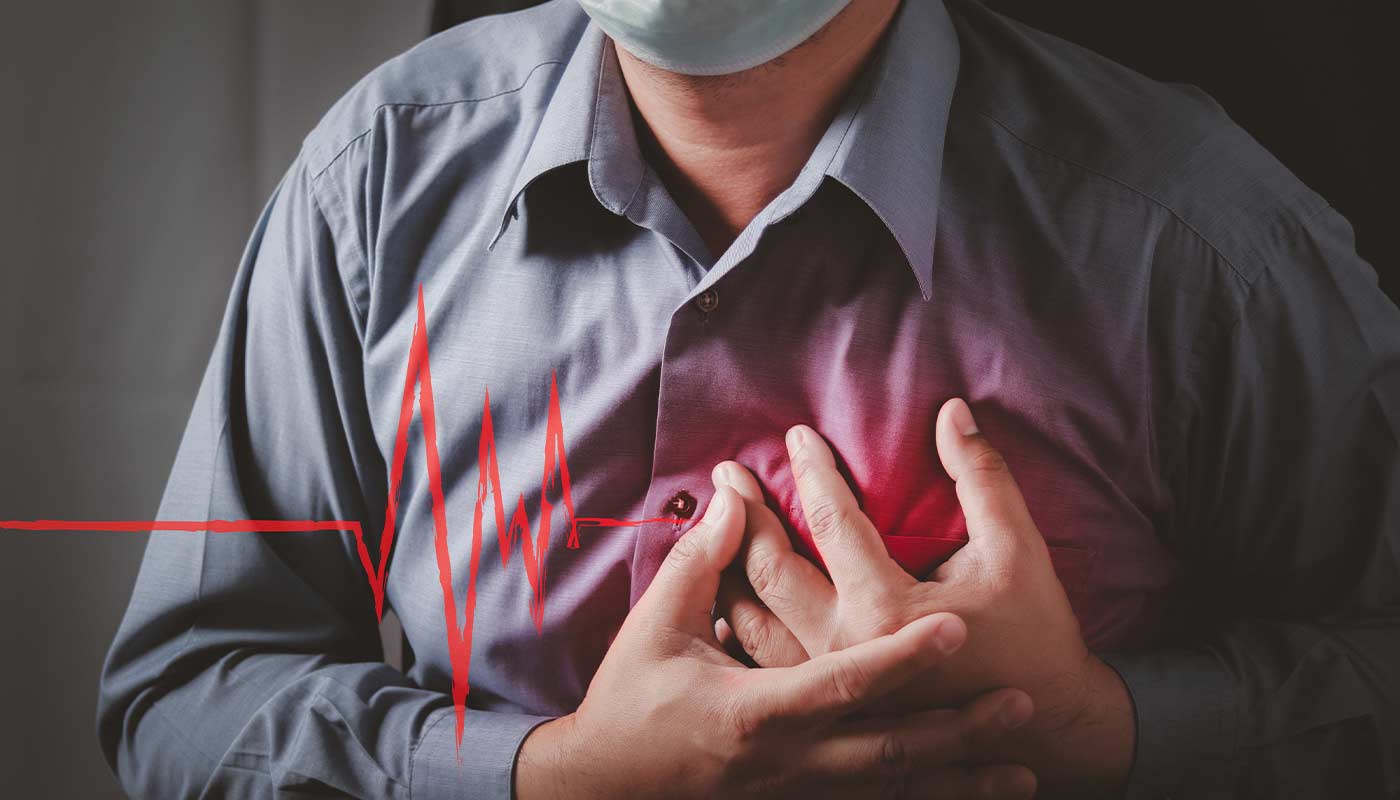- oranaa
- 0 Comments
Arrhythmia
Arrhythmia is a medical condition that occurs when the heart’s electrical activity malfunctions, causing the heart to beat too fast, too slow, or irregularly. It can range from a harmless, temporary issue to a life-threatening condition that requires immediate medical attention.
Types of Arrhythmia
Here are the main types of arrhythmia:
- Atrial Fibrillation (AFib): This is the most common type, characterized by a rapid heart rate that exceeds the normal range.
- Supraventricular Tachycardia (SVT): In this condition, the heart experiences episodes of rapid beats even during rest.
- Bradycardia: The heart beats at a slower-than-normal rate.
- Heart Block: This occurs when the heart beats slower than usual, which can cause fainting.
- Ventricular Fibrillation (VFib): A rare but dangerous arrhythmia where the heart beats extremely fast, leading to unconsciousness or sudden death if not treated immediately.
Causes of Arrhythmia
There are several causes, including:
- Coronary artery disease.
- Heart valve diseases.
- Electrolyte imbalances (like low magnesium or potassium).
- Cardiomyopathy (heart muscle disorder).
- Post-cardiac surgery recovery.
- High blood pressure.
Risk Factors
Some lifestyle and health factors increase the likelihood of arrhythmia:
- Smoking.
- Caffeine-rich foods or drinks.
- Use of cold medications or herbal supplements.
- High blood sugar.
- Obesity.
- Sleep apnea.
Symptoms of Arrhythmia
Arrhythmia may be asymptomatic, but some people experience:
- Heart palpitations.
- Dizziness.
- Chest pain.
- Shortness of breath.
- Fatigue.
Diagnosis of Arrhythmia
After a physical exam and patient history review, doctors may recommend several tests to confirm the diagnosis:
- Electrocardiogram (ECG) to measure the heart’s electrical activity.
- Blood tests to check for electrolyte imbalances or genetic issues.
- Holter monitor to track heart activity over 24 hours or more.
- Stress test to evaluate heart function during exercise.
- Imaging tests such as echocardiography, MRI, or CT scans.
- Cardiac catheterization for more detailed examination.
- Ambulatory blood pressure monitoring.
Treatment of Arrhythmia
Treatment depends on the type and severity of the arrhythmia. Below are the common methods:
1) Lifestyle Changes
Adopting healthy habits can improve heart health:
- Manage blood pressure and blood sugar levels.
- Quit smoking.
- Avoid caffeine-rich foods and drinks.
- Maintain a healthy weight.
2) Medications
Doctors may prescribe medications such as:
- Anti-arrhythmic drugs to regulate heart rhythm.
- Heart rate control medications.
- Blood thinners to prevent clot formation.
- Medications to treat underlying conditions causing the arrhythmia.
3) Medical Procedures
In some cases, medical procedures are necessary alongside medications:
- Electrical cardioversion:
Low-energy electrical shocks are used to restore normal heart rhythm. - Catheter ablation:
A catheter delivers high-frequency electrical energy to destroy small areas of abnormal heart tissue, treating conditions like SVT and atrial fibrillation. - Pulmonary vein isolation:
This procedure creates scar tissue around certain areas to isolate regions causing AFib.
4) Implanted Devices
Some patients may need devices to help manage heart rhythms:
- Permanent pacemaker:
This device sends small electrical pulses to the heart to prevent it from beating too slowly. - Implantable cardioverter-defibrillator (ICD):
An ICD monitors the heart continuously and delivers energy when it detects a rapid, abnormal rhythm. It is used to treat ventricular tachycardia and ventricular fibrillation. - Biventricular pacemakers and defibrillators:
These devices help synchronize the left and right heart ventricles, improving the heart’s efficiency. They are recommended for patients with heart failure and uncoordinated ventricular contractions.
Conclusion
Arrhythmia can range from mild to life-threatening, so early diagnosis and treatment are essential to avoid complications. Regular check-ups and adopting heart-healthy habits are vital in managing the condition.

